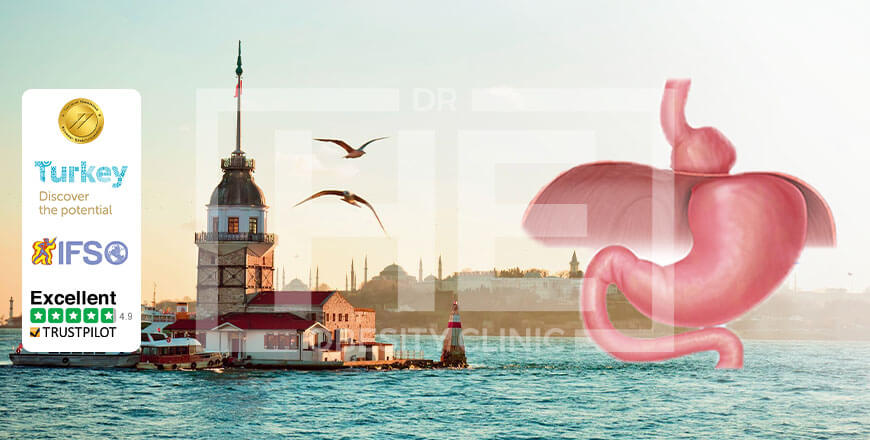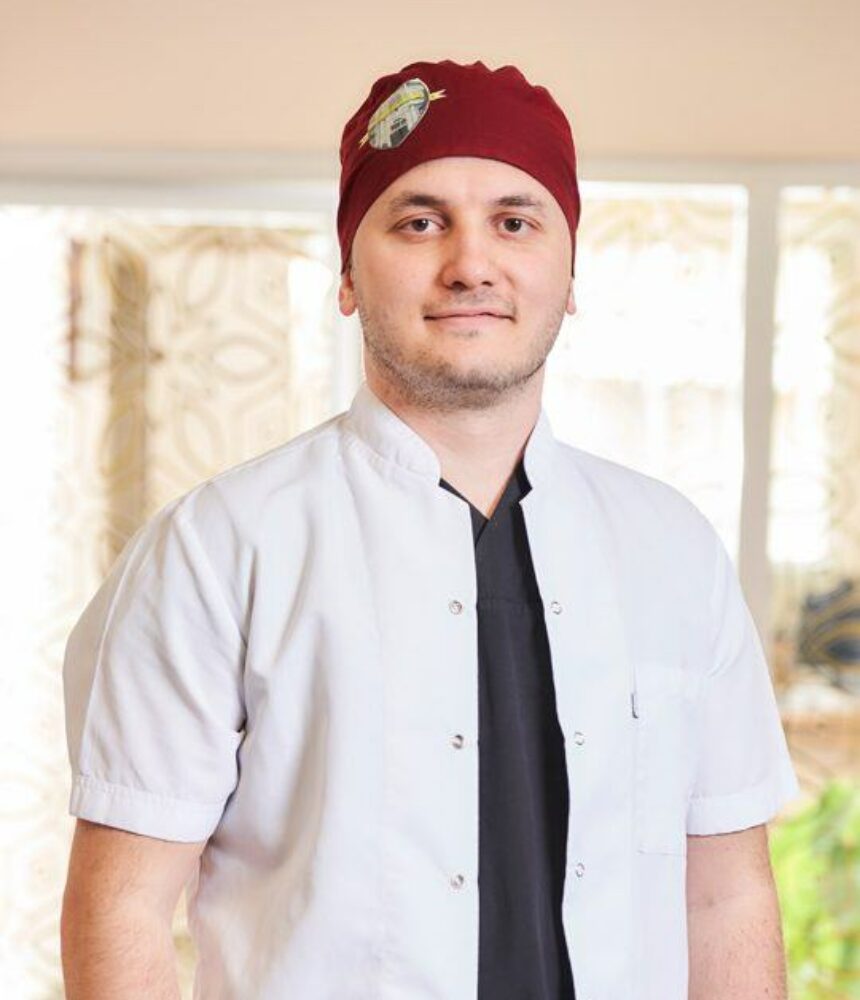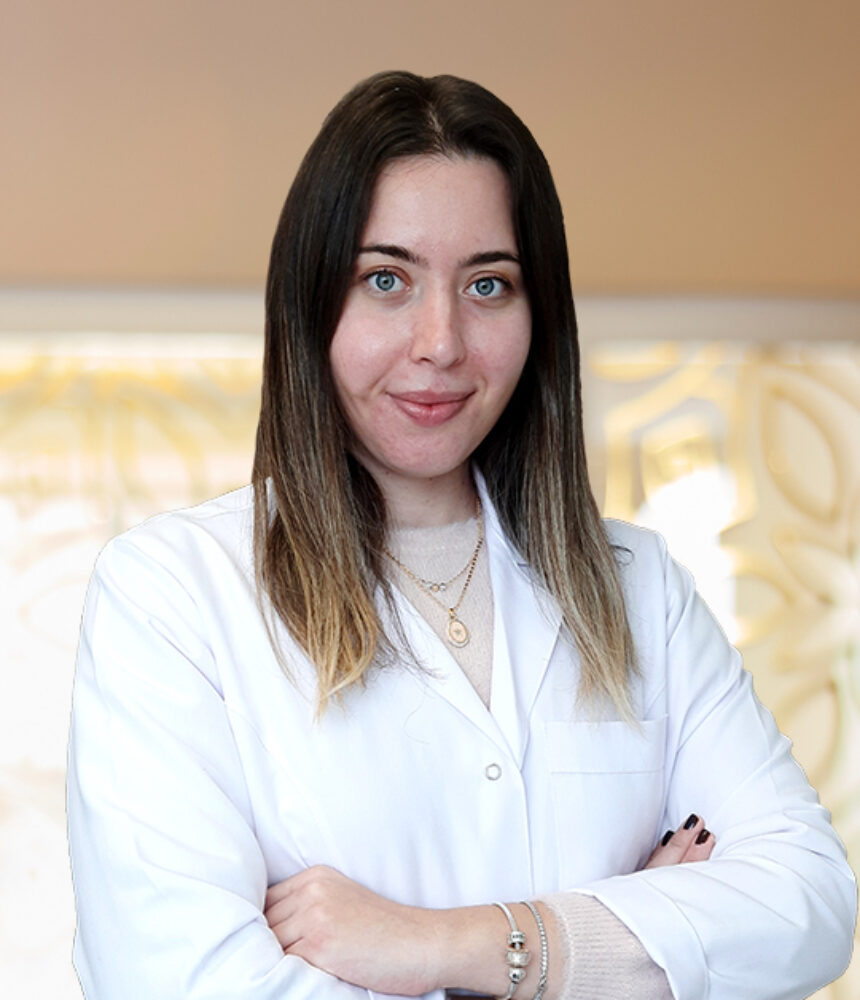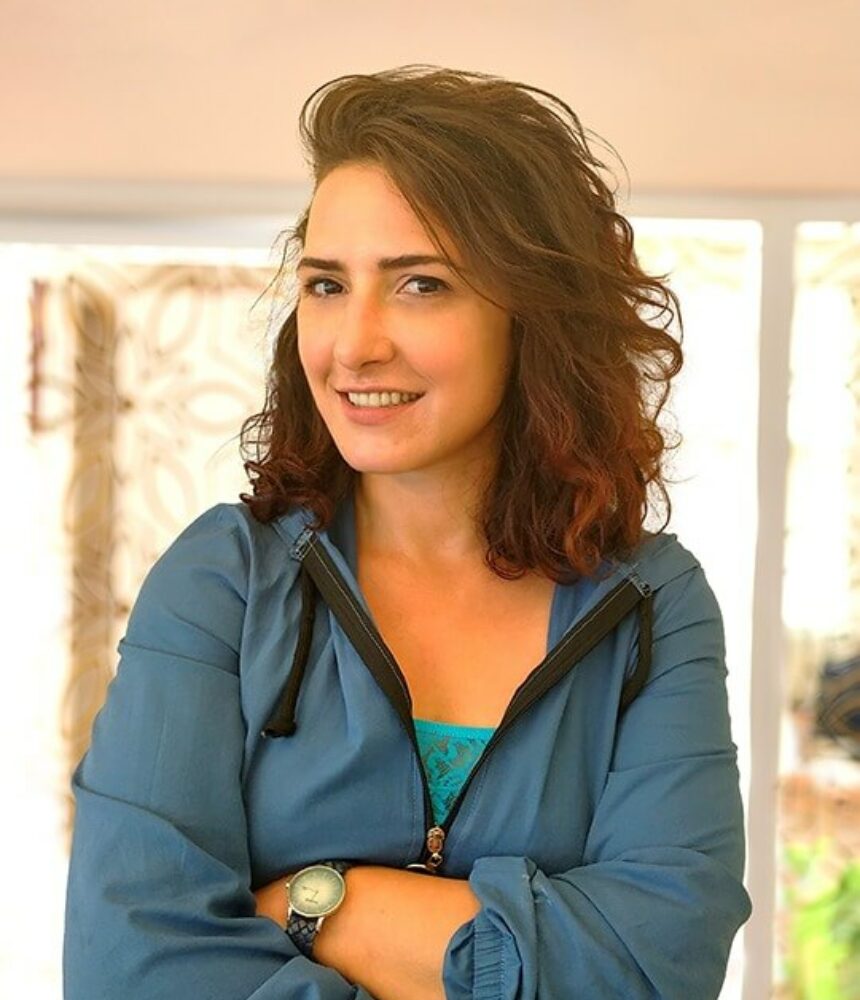The average length of the esophagus is 38-40 cm, with the last 3-4 cm inside the abdominal cavity. The rib cage is a thin but sturdy muscle that connects the thoracic and abdominal cavities. The trachea enters the stomach through a diaphragm opening and joins the stomach.
As the esophagus narrows or the diaphragm space expands, the stomach, which should be in the groin area, slides upwards into the chest cavity. Hiatus herni is the medical term for this condition (stomach hernia).
The original region of the stomach, known as the cardia, slides into in the chest cavity.
The cardia is in place, and the fundus of the belly is displaced towards to the chest cavity in a rolling (paraesophageal) type. Because of the risk of suffocating on the stomach, surgery is recommended in this type of hernia.
Both the cardia and the fundus are displaced. Surgical intervention is required.
The severity of the symptoms varies according to the shape and extent of the gastric hernia.
What is the Hiatal Hernia Surgery?

If the portion of the stomach that enters the esophagus is squeezed so tightly that the blood supply is cut off, surgery is required. Surgery may also be required in people who have a hiatal hernia and have severe, long-term (chronic) esophageal reflux that is not relieved by treatments.
The goal of this multiple surgeries is to correct gastroesophageal reflux by constructing a better valve mechanism at the esophageal bottom. Consider this valve to be a swinging door. It opens to allow food into the stomach and then closes to prevent stomach contents from ascending the esophagus.
When this valve malfunctions, stomach contents can enter the esophagus and cause damage. Chronic gastroesophageal reflux can lead to complications like esophagitis (inflammation), oesophagus ulcers, bleeding, and esophageal scarring if left untreated.
Hiatal herni surgery like all herni surgeries, involves pulling the displaced organ back into place. Following retraction of the stomach to its original position, procedures are carried out to decrease the opening in the esophagus and prevent the stomach from passing thru this hole by wrapping it around itself to prevent its repositioning.
Following the narrowing of the diaphragm opening with sutures, the stomach is turned 360 degrees and covered around the esophagus. The operation is known as nissen rosetti surgery if it is performed without separating the omentum by which the gastric brevis vessels pass.
The stomach is wrapped at 180-200 degrees during this surgery. To prevent slippage during the wrapping process, one of the stitches getting passed through the abdomen is also passed through the esophagus.
What is the price of the Hiatal Hernia Surgery in the other countries?

In the United States, the cost of a Hiatal Hernia Repair may be out of your price range. In such cases, you can seek low cost hiatal hernia repair in places such as India, Mexico, and Costa Rica. Hiatal hernia surgical intervention is available in these countries for a fraction of the cost that it is in the United States.
Despite the fact that the cost of hiatal hernia surgery is much lower in these countries, the operating requirements are on par with the finest hospitals in the United States.
So most hiatal hernia repairs were being performed as outpatient procedures or may necessitate a brief hospital stay. You will most likely be released from the hospital the following day. Doctors and nursing staff visit patients on a regular basis.
Why Hiatal Herni Surgery is More Affordable in Turkey?

Hiatal Hernia Surgery in Turkey is very inexpensive in comparison to many other countries around the world. Furthermore, the quality and requirement of medical care and services are comparable to the best hospitals in the world.
Even after travel, lodging, and meals are factored in, the overall cost of Hiatal Hernia Surgery is reasonable. This is the primary reason why thousands of doctors from around the world travel to Turkey for medical treatment.
The cost of Hiatal Hernia Surgery is projected to be much less than the average cost of the same treatment in the United States and European countries such as the United Kingdom, France, Germany, and others.
Because of the low cost of Hiatal Hernia Surgery in Turkey, patients from these countries can save significantly while receiving world-class medical treatment.
Patients benefit from advanced clinicians and world-class facilities that are not available in many other countries. There is also no waiting period, and patients receive specialised treatment as soon as it is permitted. This alleviates financial stress and gives families hope.
Reference:
Inaba, C. S., & Oelschlager, B. K. (2020). To mesh or not to mesh for hiatal hernias: what does the evidence say. Annals of Laparoscopic and Endoscopic Surgery










